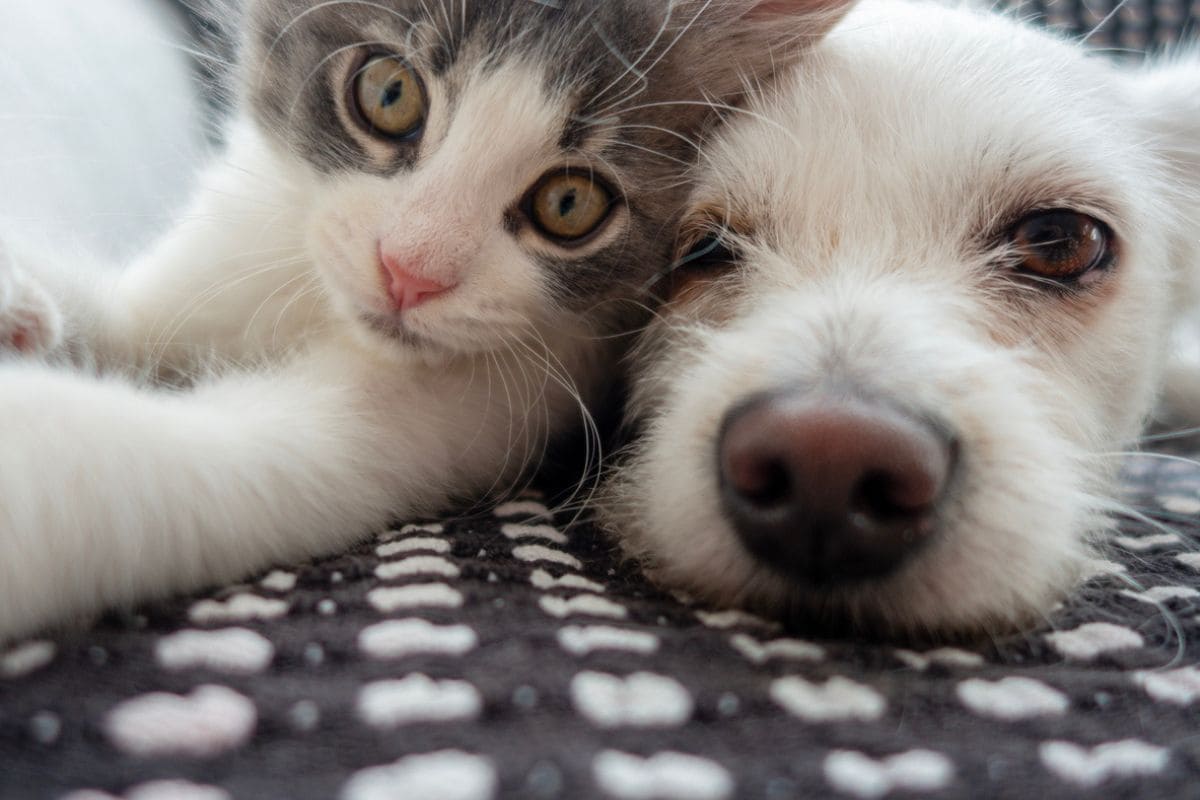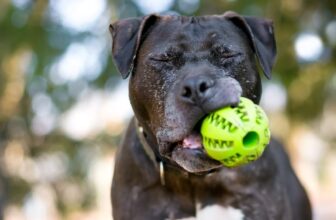
Check out our latest products
Recent studies reveal fascinating insights into pet intelligence that challenge our preconceptions about canine and feline cognitive abilities. With over 900 million dogs and cats sharing our homes worldwide, understanding their mental capacities becomes increasingly relevant. Research from leading universities suggests the answer might surprise even the most devoted pet owners.
The eternal debate between dog and cat enthusiasts takes on new dimensions when examined through the lens of scientific research. Rather than settling for simple comparisons, experts now recognize that measuring animal intelligence requires a nuanced approach that considers multiple cognitive domains and evolutionary adaptations.
Redefining animal intelligence beyond traditional metrics
Modern researchers reject simplistic intelligence rankings between species. Alexandra Horowitz from Barnard College emphasizes that comparing canine and feline intelligence resembles asking whether a hammer outperforms a screwdriver. Both tools excel in their intended applications, much like dogs and cats demonstrate specialized cognitive abilities shaped by distinct evolutionary pressures.
Scientists now categorize animal cognition into three primary areas : problem-solving capabilities, concept formation from specific experiences, and social intelligence. This framework helps researchers evaluate mental abilities more objectively than previous methods that relied heavily on trainability or human-oriented tasks.
The coefficient of encephalization traditionally measured brain size relative to body mass, with dogs scoring 1.17 compared to cats’ 1.0. However, this metric alone fails to capture the complexity of cognitive abilities. Recent research suggests absolute brain volume correlates more strongly with self-control and executive function than relative measurements.
Social cognition reveals surprising feline capabilities
Contrary to stereotypes about aloof felines, cats demonstrate remarkable social intelligence that rivals their canine counterparts. A 2019 study published in behavioral research journals showed domestic cats consistently recognize their names among similar-sounding words, even when spoken by unfamiliar voices.
Kristyn Vitale’s groundbreaking research at Unity College revealed that cats prefer human interaction over food, scents, or toys when given choices. This finding challenges assumptions about feline independence and suggests strong social bonds with humans. Follow-up studies demonstrated that cats reciprocate attention, spending more time with people who actively engage them.
Comparative studies examining problem-solving abilities show both species perform similarly when locating hidden food using human pointing gestures. These results suggest equivalent cognitive processing for spatial reasoning tasks that don’t favor either species’ natural hunting strategies.
Canine learning advantages and environmental factors
Dogs exhibit exceptional vocabulary acquisition abilities that set them apart in specific learning domains. Recent experiments documented dogs learning new toy names after just four exposures, with gifted individuals mastering ten different objects within a week. This rapid learning parallels human infant language development around 18 months of age.
However, environmental factors significantly influence perceived intelligence differences between cats and dogs. Dog owners typically provide more socialization opportunities through walks, park visits, and formal training sessions. This exposure enhances cognitive development and creates more observable intelligent behaviors.
The training disparity extends beyond basic commands to complex tasks. Dogs excel in detection work, assistance roles, and rescue operations partly due to intensive human collaboration throughout history. Cats received less systematic training focus, potentially limiting demonstrations of their cognitive potential in human-directed activities.
Species-specific intelligence reflects evolutionary adaptation
Intelligence comparisons must account for each species’ evolutionary history and ecological niches. Dogs evolved as pack hunters requiring coordination and communication, while cats developed as solitary predators emphasizing stealth and independence. These different survival strategies shaped distinct cognitive strengths.
Brain research indicates that absolute brain volume predicts self-control abilities better than relative size measurements. A 2014 study testing 36 species found larger brains correlated with superior inhibitory control, though cats weren’t included in this particular research.
The key insight emerges that both cats and dogs possess sophisticated intelligence tailored to their respective lifestyles. Rather than declaring one species superior, appreciating their unique cognitive adaptations provides a more accurate understanding of animal intelligence across different contexts and challenges.
The post Cats or Dogs: Who Really Wins the Battle of Intelligence? appeared first on iHeartCats.com.



![[PETHROOM] Cat Nail Clipper Trimmer for Indoor Cats with Circular Cut Hole (2mm) | Premium Sturdy Stainless Steel Blade Cat Claw | Safe, Easy, Accurate, Quiet & Fast | Avoid Overcutting](https://m.media-amazon.com/images/I/6156hi88deL._AC_SL1298_.jpg)
![[PETHROOM] Professional Eye Comb for Pets | Stainless Steel Tear Stain Remover for Cats & Dogs | Gentle Round-Head Grooming Tool | Compact & Portable for Eye Gunk Removal](https://m.media-amazon.com/images/I/71+W758uwXL._SL1500_.jpg)









